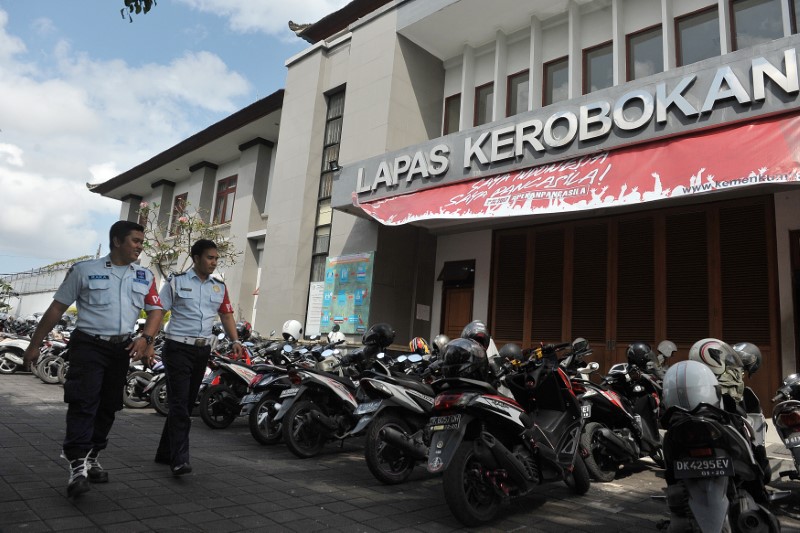Hundreds of inmates in Bali’s Kerobokan Prison, famously and ironically known as Hotel K, tested “reactive” for the coronavirus following mass rapid tests conducted at the facility this week.
Suprapto, who heads the correctional division at the Ministry of Law and Human Rights’ office in Bali, said yesterday that 627 inmates and six prison staff members at Hotel K had tested “reactive.”
“The plan is for all those who tested reactive to undergo swab tests, [today] at the latest,” Surya said.
Kerobokan Prison is at overcapacity with 1,315 inmates, he added, when it’s only meant to house some 350 inmates. This showcases yet another example of extreme overcrowding in Indonesian prisons, which may have accelerated coronavirus transmissions within the facility.
“It’s very crowded inside the prison. If we don’t do early detection it could be dangerous. We have conducted rapid tests previously and found that many inmates tested reactive, which means there had to be quick prevention, handling, treatment, and self-isolation so that it won’t spread,” he continued.
One inmate later tested positive for the coronavirus from the first round of testing, Suprapto said, and is currently in treatment at Sanglah General Hospital. Visiting hours have reportedly been suspended since March.
In addition, none of the inmates at Hotel K exhibit COVID-19 symptoms, and the ones who tested reactive have been separated from those who received non-reactive results.
Read more news and updates from Bali here.




